And I thought, there was no God, there was only what you wanted
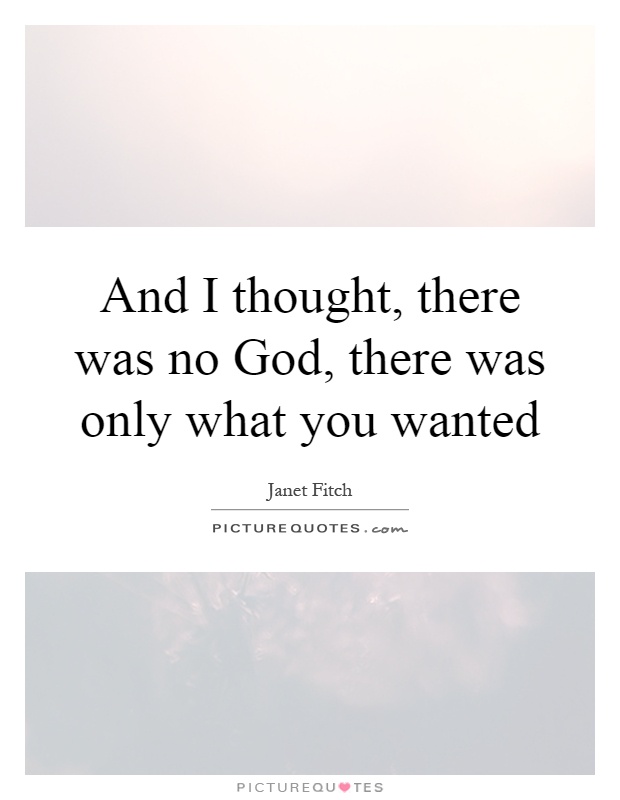
And I thought, there was no God, there was only what you wanted
In the context of Janet Fitch's work, particularly her novel "White Oleander," the quote "And I thought, there was no God, there was only what you wanted" encapsulates the themes of power, control, and the search for meaning in a chaotic world. The protagonist of the novel, Astrid Magnussen, grapples with the idea of God and the concept of free will as she navigates a tumultuous and often abusive relationship with her mother, Ingrid.Throughout the novel, Ingrid exerts a powerful influence over Astrid, shaping her beliefs and actions to fit her own desires. Ingrid's narcissism and manipulation lead Astrid to question the existence of a higher power, as she struggles to reconcile the idea of a benevolent God with the harsh realities of her own life. Astrid's realization that there may be no God, only the whims and desires of those in power, reflects her growing disillusionment with the world around her.
Fitch's exploration of the theme of agency and control is central to Astrid's journey in "White Oleander." As she moves from one foster home to another, Astrid grapples with the idea of personal autonomy and the ways in which her choices are shaped by external forces. The quote "And I thought, there was no God, there was only what you wanted" speaks to Astrid's realization that she must take control of her own destiny, rather than relying on the whims of others.


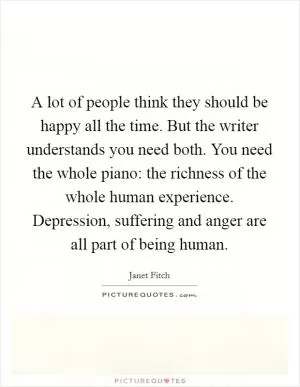
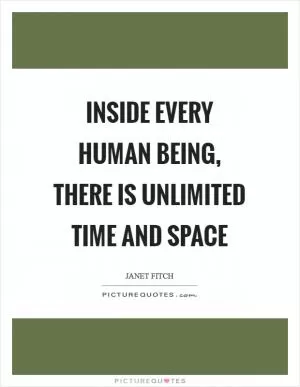

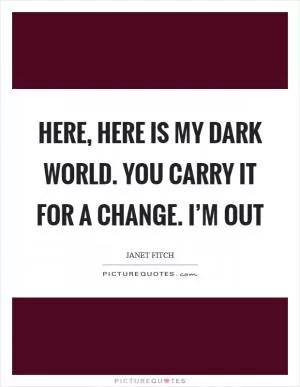
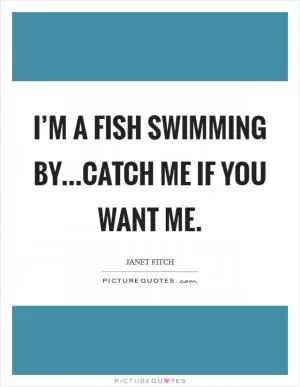





 Friendship Quotes
Friendship Quotes Love Quotes
Love Quotes Life Quotes
Life Quotes Funny Quotes
Funny Quotes Motivational Quotes
Motivational Quotes Inspirational Quotes
Inspirational Quotes